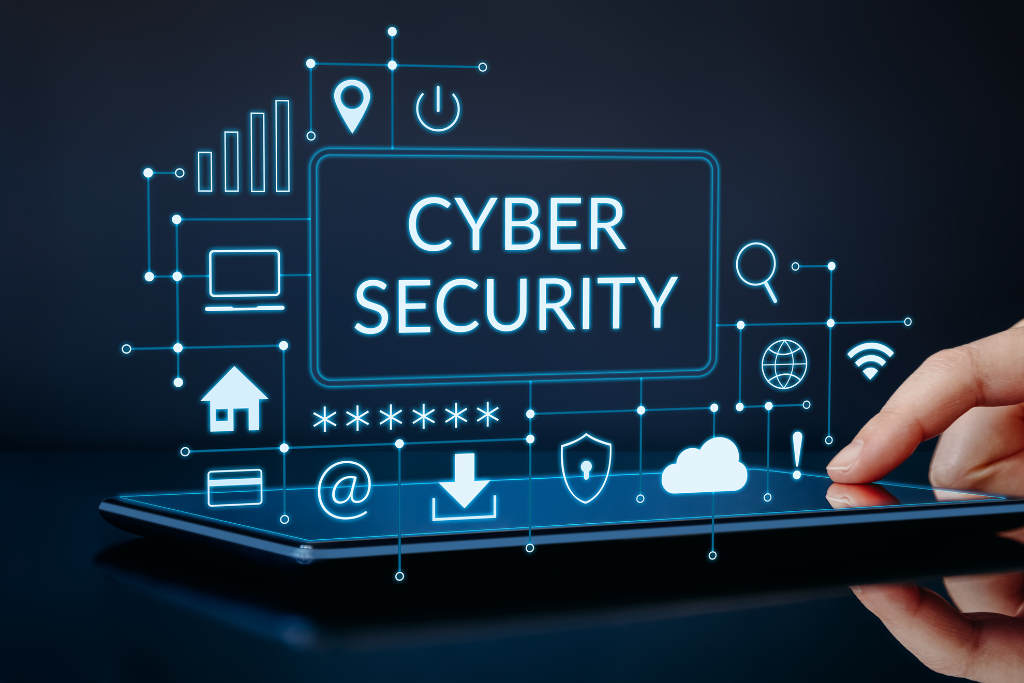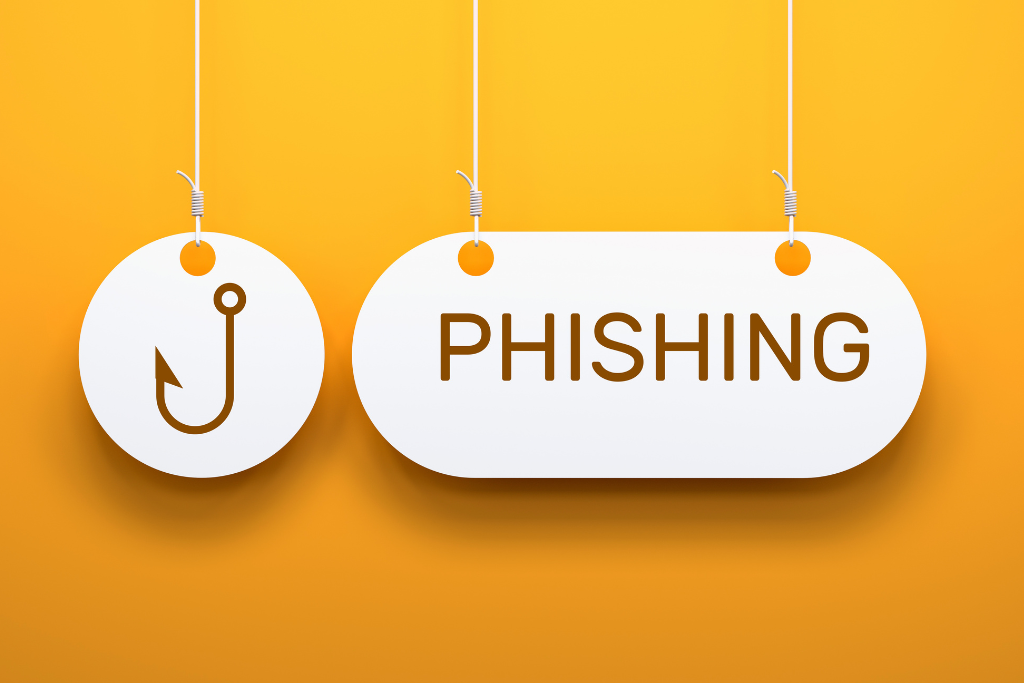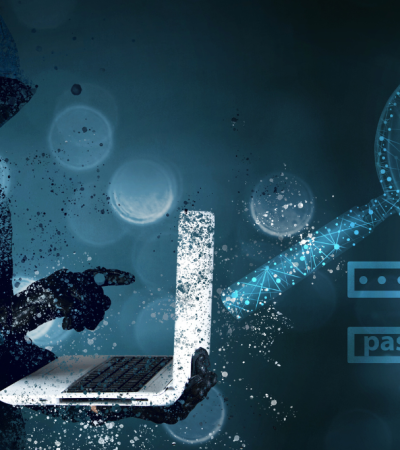Improving your company’s cyber security is a must if you want to keep it safe from a wide range of threats. One of the major challenges facing any organization is the quantity of data it stores. As the quantity of data increases, so does the threat of cybercrime. This is especially true if the data includes sensitive information. If this information is stolen, not only are the individuals’ privacy and security at risk, but the organization itself is also at risk of lawsuits.

Viruses
Cyber security is an essential part of protecting your organization from viruses and cyberattacks. These bad programs can spread from one computer to another and can also infect other devices that are connected to the Internet. The main aim of a virus is to give an attacker access to an infected system. Some viruses look like normal programs, but what they really do is damage the system, steal data, and stop services. Others even download additional malware to your computer. Attackers can be individuals, state actors, or criminal organizations. There are many ways to protect yourself from these malicious programs and exploits.

Cyber attacks affect employees and businesses alike. Infected computers hamper productivity, and may even force businesses to replace infected computers. Viruses also slow personal computers down, making them impractical for business use. This not only wastes employee time but also brings the entire business to a halt.
Botnets
Botnets are computer networks that communicate with one another and perform malicious tasks. These networks can be very large and take up a lot of system resources. Botnets also put real computers at risk by overloading and crashing servers. They are especially difficult to detect as they are often disguised to prevent detection.

Botnets are becoming more sophisticated and widespread. The best way to protect against them is to be vigilant and understand the risks. You should also consider using security software that zeroes in on botnet activity.
Phishing schemes
Phishing attacks are used to download and inject malicious software or viruses into a victim’s computer. They mimic a legitimate website and trick the unsuspecting victim into providing sensitive information. Phishing emails can be sent to individuals through a variety of methods, including unsolicited emails or viral links.

Phishing attacks can be extremely damaging. Not only can they steal sensitive information, they can also infect computers with viruses and Trojans. A recent attack on the website of the World Health Organization (WHO) was the result of a phishing campaign. It caused $1.7 million USD in damages.
Identity theft
One way to protect yourself from identity theft is by installing anti-malware software on your computer. This software protects your computer from malicious software that can track your keystrokes and steal sensitive information. Another way to protect yourself is to stay vigilant about what you open in your email. Phishing emails are often disguised as legitimate communications that will attempt to steal your personal information. You should never click on links or images from suspicious emails unless you are sure they are legitimate.

Identity theft is a serious problem. It can lead to identity fraud, financial exploitation, or other crimes. A person stealing your identity can make purchases using your credit card, access your medical records, and apply for loans using your information. Phishing and social engineering are two of the most common methods used by identity thieves to obtain your personal information. They can also use public profiles to obtain personal information.
Financial losses
Cyber risk spreads throughout the financial system, with complex, unrecognized connections, shared technologies, and third-party service providers. It is a form of threat that goes beyond traditional counterparty risk, which is a risk that a company faces when making financial payments.

A successful cyber attack can disrupt the entire financial system. It could affect a financial institution’s core system or service, which would cause a lot of trouble and a loss of trust. As a result, transactions could fail, and depositors and investors could try to cancel services and demand funds.

